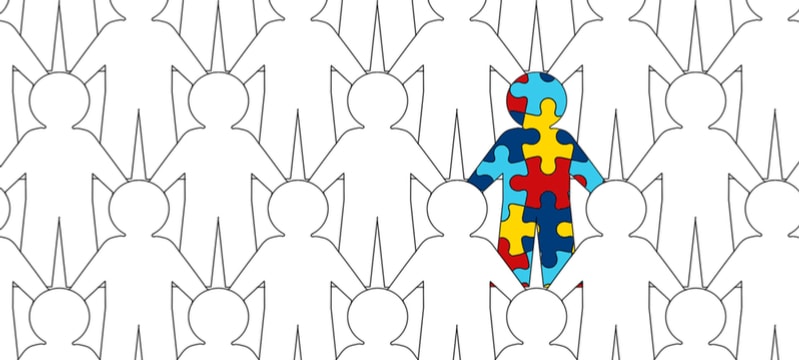
Over 2.2 million people in the UK have a neurodevelopmental condition such as Attention Deficit Hyperactivity Disorder (ADHD) and/or autism according to ADHD Action and the National Autistic Society.
The severity of these behavioural problems can range from lack of focus, impulsivity, and restlessness, to uncontrollable tantrums, self-harm and even violence affecting children and adults alike. While neither condition is curable, the symptoms are managed with some form of behavioural theory, but more often than not, families reluctantly turn to medication, often with terrible side effects.
Researchers from the Murdoch Childrens Research Institute in Australia have offered hope that cannabidiol (CBD), the non-psychoactive phytocannabinoid from the cannabis plant may offer a safer, more effective treatment.
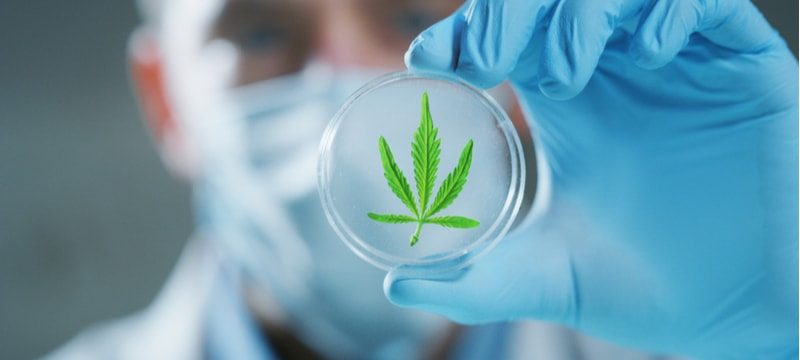
Responding to enquiries from The Extract, lead author of the study Prof Daryl Efron says:
“Parents.. Have been asking us could medical cannabis help… hearing anecdotal reports from other parents… We thought we should do a study if this could be helpful for these kids, whether it might have fewer side effects then the current medication we are using”.
Prof Efron and his team work with autistic children who have severe behavioural problems and intellectual difficulties, often leading to self-harm, harming others and destruction of property. At the start of this year, Prof Efron began a pilot study with ten children between the ages of 8 to 16 who were given either CBD oil or a placebo.
“We have shown in our pilot that is nearly finished, that the study design works really well. So now we're hoping to do a large study to really test whether this treatment can be effective,” he says.
Prof Efron does not speculate or go into further detail regarding initial observations from the pilot study, but in relation to current medication he says: “The medications most often prescribed for these children are stimulants, antidepressants and antipsychotics, which all carry a risk of serious side-effects”.
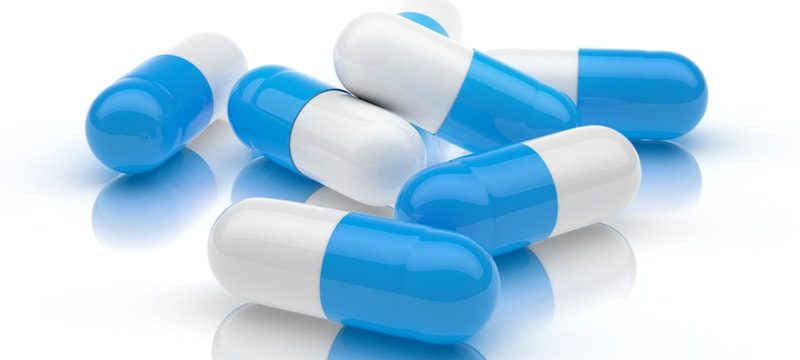
Interestingly research into animal models has shown CBD to have antidepressant effects, antipsychotic effects, act as a stimulant, and be relatively safe. The Extract spoke with Dr Lorcan Kenny from leading UK Autism research charity ‘Autistica’, to get their views on CBD potential to treat symptoms of autism.
“There is a lot of interest at the moment in CBD for a variety of medical uses (yet) There is no substantial evidence to date that suggests CBD can help autistic adults or children with certain behaviours.” Dr Kenny and her team who dedicate their lives in the search of safe, effective treatment, would only recommend CBD if presented with hard facts. “Larger scale trials would be needed before we could say whether CBD is useful or safe for autistic people.” she says.
Naughty or Neurological?
A common misconception is that someone with ADHD is naughty due to bad parenting or lack of discipline when the simple, harsh truth is that they have a neurodevelopmental problem. ADHD coach Brett Thornhill sums this up best when he says: “Their brain is switching channels. But someone else has the remote”. We also have information more about using CBD oil for ADHD if you wish to read.
A “neurotypical” brain produces enough neurotransmitters such as dopamine and norepinephrine, critical to mood and behaviour. Someone with ADHD has a deficiency of these neurotransmitters which is why stimulant medication is given to help boost their numbers. Quite often without knowing it, ADHD sufferers are self-medicating.
Adult ADHD sufferers are twice as likely to smoke, and more susceptible to gambling, sex and drug addictions, because they all release dopamine. Kids with ADHD are often more interested in high octane hobbies such as wrestling, again looking to increase dopamine levels. ADHD affects more than just focus, it affects the brain's executive functions such as planning, prioritising, following through on a goal, emotions, behaviour and using CBD to sleep.
The whole operating system is affected with psychologists often likening it to an orchestra without a conductor. CBD interacts with receptors located throughout our endocannabinoid system including our brain, regulating our bodies homeostasis. Leading scientists believe CBD could possibly regulate the release of neurotransmitters. Anecdotal reports are numerous and The Extract spoke with Marian, a mother of 3 from Leeds, about her son Arthur and their use of CBD.
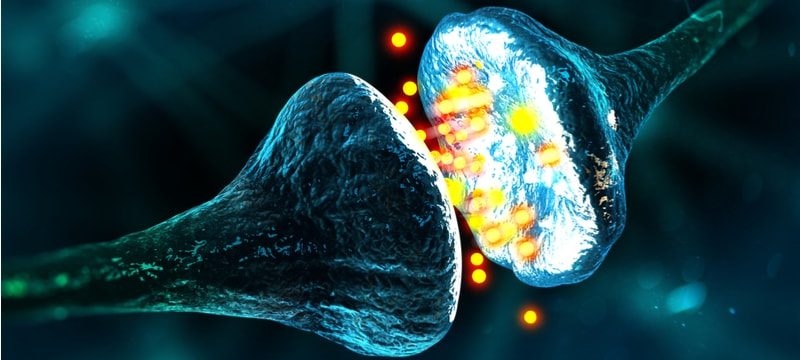
“He was always happy and excited but when around friends he couldn't relax and was overly excited. His attention span was poor and he couldn't be trusted to do the simplest task of putting on his shoes as he would get distracted”, she says.
Marian initially put his behaviour down to being the middle child and only became concerned when attending a parent-teacher meeting.
“I was expecting a glowing report as he is such a kind, good boy. I was shocked when his teacher told me he displays the typical symptoms of ADHD such as not being able to sit still, shouting out answers and fidgeting”. Marian went to her GP who advised it could take months before a formal assessment could be made but that he believed Arthur does have ADHD.
“I googled all night and it scared us. I didn't want Arthur to be on pharmaceutical medication because of the potential side effects and then I found families commenting on CBD”. She says.
Marian started giving Arthur CBD droplets under the tongue in the morning before he left for school and soon saw a change.
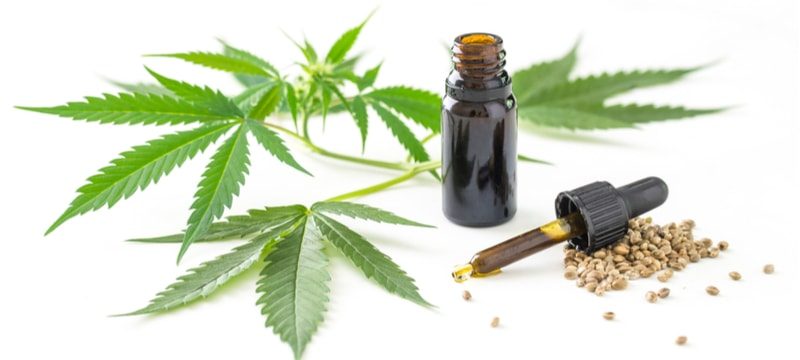
“We noticed a big improvement in Arthur after only a few days. He seemed a lot more calm. He still got excited, but nowhere near as often. We removed white bread from our house at the same time too so we don't know which is helping more but we don't care. Arthur is happier.” She says.
Arthurs's case is one of many anecdotal cases The Extract uncovered when researching for this article, but until Professor Efron's clinical study concludes, no definitive can be made on CBD potential. One thing we do know is that 75% of children with ADHD continue to experience significant symptoms into adulthood according to CHADD.
Another study shows that adults with ADHD have a much greater risk of suicide.
There is a very real urgency for families in the UK and abroad to know if CBD can help. Research published earlier this year showed significant subjective improvements from parents of kids with autism who tried CBD oil which is highly promising. The Extract will monitor developments down under and provide a follow-up article as soon as clinical trials are completed.
Also check out: Can CBD oil help with ADHD & ADD?
Anyone affected by the topics in this article can contact the following organisations for support:





Nice Article Thanks For Sharing